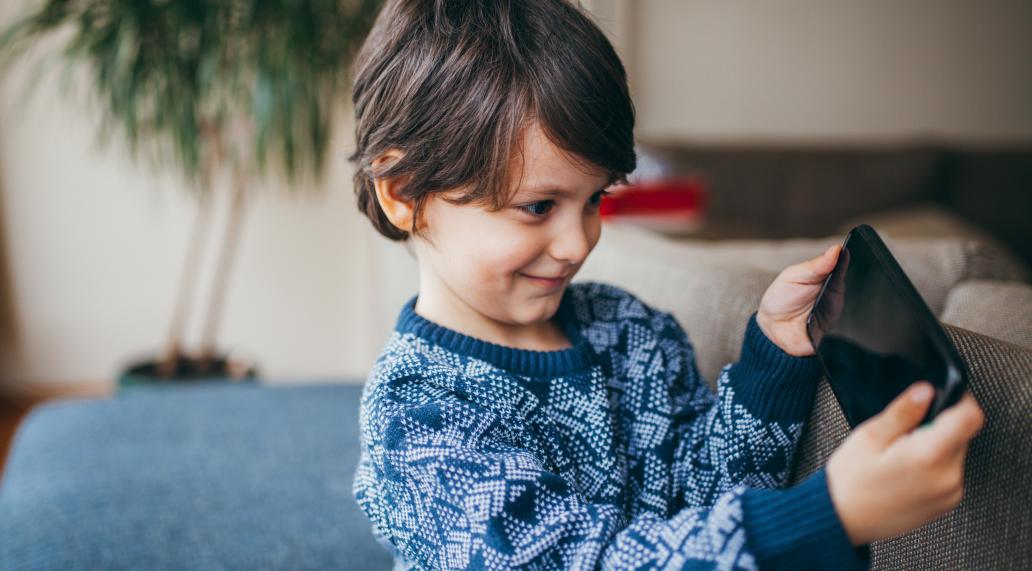
Typing, swiping, surfing: Children and teenagers are growing up in a digitalized world today, and thus the generation of digital natives seemingly from an early age quite naturally handling TV, internet, and smartphone. But media literacy is more than just a technical understanding of devices - children must learn to understand, evaluate, and correctly classify the content presented.
However, even today's generation of parents often finds it difficult to decide when, how, and especially with what content to acquaint their offspring. What is suitable for which age group? How much time should my child spend in front of the TV and tablet? And how can I protect them?
Helpful tips can be found on various websites that not only consider the age ratings of TV programs, movies, and apps, but also provide educational recommendations on the age at which children can understand the content or how educational, for example, the story is.
Flimmo e.g. provides assessments of current TV shows and movies, on app-approved there are evaluations of learning and gaming apps. And for a safe start on the internet, the homepage recommends seitenstark.de Search engines, encyclopedias & many other pages that are subject to youth protection, are verified and do not contain unwanted redirects to other websites.
In principle: not every child is the same, and there is no 'golden' rule or perfect age for this show or that device – it must be decided from child to child. Nevertheless, some things should be considered to avoid frightening or harming children.
From a developmental psychology perspective, it can only be said that screen media offer no added value for children before the age of 2 and are more likely to lead to overstrain. From the age of 3, toddlers gradually develop an understanding. However, it should always be considered to accompany the children in their media consumption, to remain in exchange with them, and to pay close attention to the content offered to the children.
The Federal Centre for Health Education has drafted 10 rules that can help with media use in everyday family life. For example, you should critically examine your own media consumption, as TV and tablets are often so attractive because Mom and Dad also enjoy using them.
famPLUS - Together for your personal PLUS!


